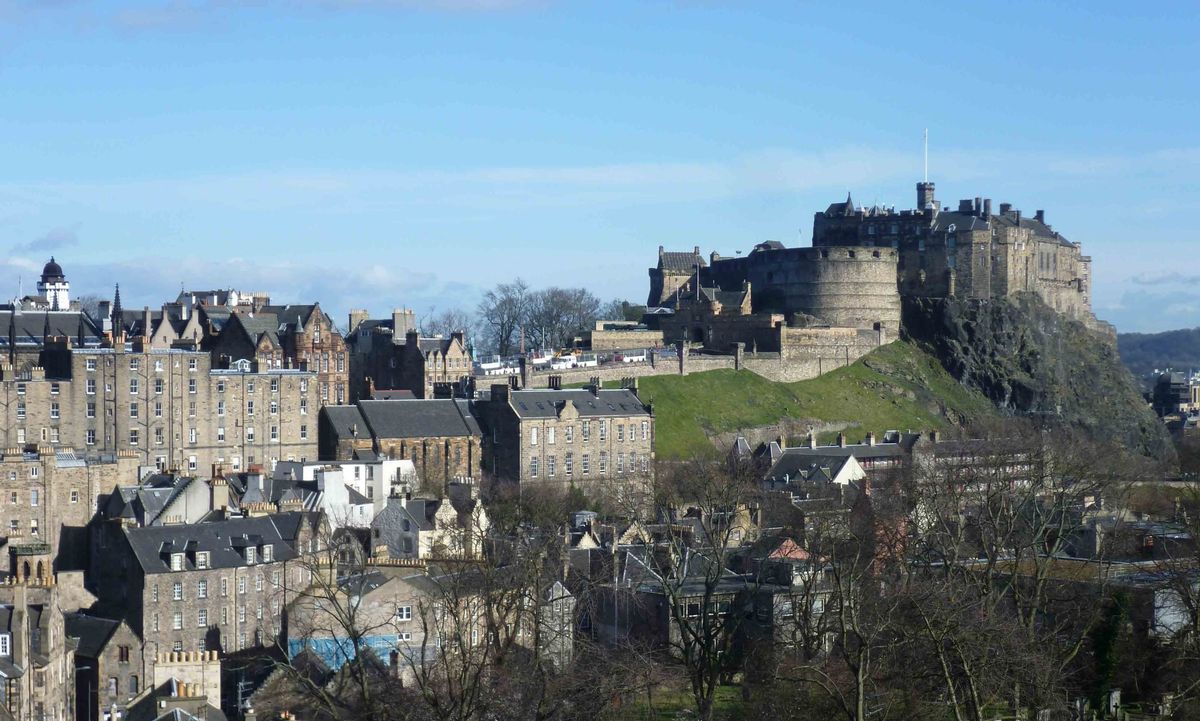
Heritage conservation is more than just preserving old buildings; it's about maintaining the cultural fabric of our communities. Why is heritage conservation important? It safeguards our history, fosters community pride, and can even boost local economies through tourism. Imagine walking through a town where every building tells a story, where each corner holds a piece of the past. This connection to history helps us understand who we are and where we come from. Heritage conservation also promotes sustainability by reusing existing structures instead of building new ones. In this post, we'll explore 18 fascinating facts about heritage conservation that highlight its significance and impact on our lives.
Key Takeaways:
- Heritage conservation helps communities keep their unique cultural identity, creates jobs, and fosters community pride. It also promotes tourism and preserves historical knowledge for future generations.
- Despite challenges like limited funding and natural disasters, heritage conservation is crucial for preserving history, preventing urban sprawl, and supporting sustainable development. It also enhances property values and improves quality of life.
What is Heritage Conservation?
Heritage conservation involves preserving, protecting, and maintaining cultural heritage, including buildings, artifacts, landscapes, and traditions. It ensures that future generations can experience and learn from the past.
-
Heritage conservation helps maintain cultural identity. Preserving historical sites and traditions allows communities to retain their unique cultural characteristics.
-
It promotes tourism. Many people travel to experience historical sites, boosting local economies.
-
Conservation efforts can create jobs. Restoration projects often require skilled labor, providing employment opportunities.
-
It fosters community pride. Residents often feel a sense of pride and connection to their heritage when it is well-preserved.
Why is Heritage Conservation Important?
Understanding the significance of heritage conservation can help appreciate its impact on society and the environment.
-
It preserves historical knowledge. By maintaining historical sites and artifacts, we keep a tangible connection to our past.
-
Conservation can prevent urban sprawl. Protecting historical areas can limit unchecked urban development.
-
It supports sustainable development. Reusing and restoring old buildings can be more environmentally friendly than new construction.
-
Heritage sites can serve educational purposes. Schools and universities often use these sites for teaching history and culture.
Challenges in Heritage Conservation
Despite its importance, heritage conservation faces several challenges that can hinder its effectiveness.
-
Funding can be limited. Many conservation projects rely on government grants or private donations, which can be inconsistent.
-
Natural disasters pose a threat. Earthquakes, floods, and other natural events can damage or destroy heritage sites.
-
Urbanization pressures. Rapid urban growth can lead to the demolition of historical sites to make way for new developments.
-
Climate change impacts. Rising sea levels and extreme weather can threaten coastal and other vulnerable heritage sites.
Methods of Heritage Conservation
Various methods and techniques are employed to ensure the effective conservation of heritage sites and artifacts.
-
Documentation is crucial. Detailed records of historical sites and artifacts help guide restoration efforts.
-
Adaptive reuse. This involves repurposing old buildings for new uses while retaining their historical features.
-
Community involvement. Engaging local communities in conservation efforts can lead to more sustainable and effective outcomes.
-
Legal protection. Many countries have laws and regulations to protect heritage sites from destruction or alteration.
Benefits of Heritage Conservation
The advantages of heritage conservation extend beyond preserving history; they also contribute to social, economic, and environmental well-being.
-
It can enhance property values. Well-preserved historical areas often see increased property values.
-
Conservation can improve quality of life. Access to well-maintained historical sites and green spaces can enhance community well-being.
Preserving Our Past for the Future
Heritage conservation isn't just about maintaining old buildings. It's about protecting our history, culture, and identity. By preserving these treasures, we ensure future generations can learn from and appreciate them. From ancient ruins to historic landmarks, each site tells a unique story. Conservation efforts also boost local economies through tourism and create a sense of community pride.
However, it requires ongoing effort and support. Governments, organizations, and individuals all play a role. Whether it's through funding, volunteering, or simply raising awareness, every bit helps. So next time you visit a historic site, remember the importance of heritage conservation. It's not just about looking back; it's about building a bridge to the future. Let's continue to cherish and protect these irreplaceable pieces of our shared history.
Frequently Asked Questions
Was this page helpful?
Our commitment to delivering trustworthy and engaging content is at the heart of what we do. Each fact on our site is contributed by real users like you, bringing a wealth of diverse insights and information. To ensure the highest standards of accuracy and reliability, our dedicated editors meticulously review each submission. This process guarantees that the facts we share are not only fascinating but also credible. Trust in our commitment to quality and authenticity as you explore and learn with us.
